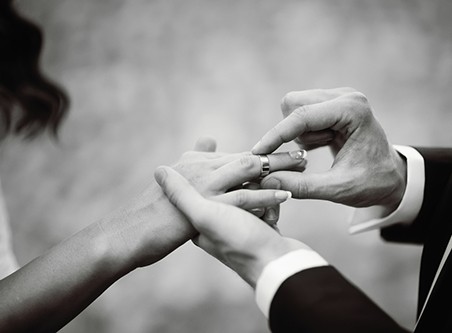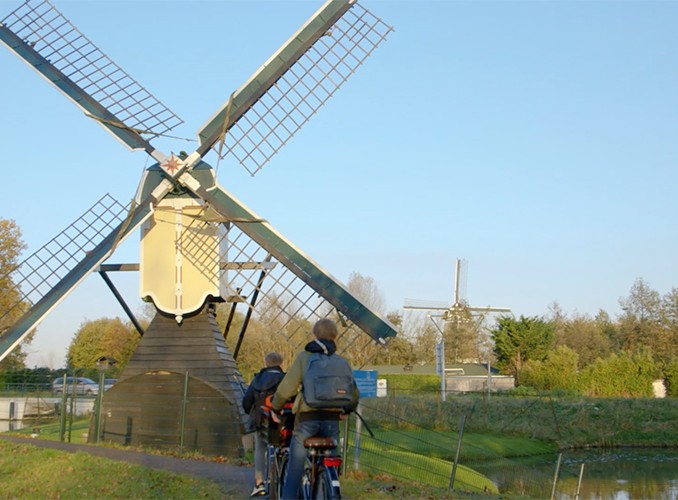In a relationship and ready for the next step?
The Netherlands is home to people of many different nationalities. If you came from abroad to live and work in the Netherlands, there’s a fair chance that you’ll find yourself in a relationship one of these days. After all, most people want to find someone – a partner – with whom to share their lives. Alternatively, it’s also possible that you already had a partner before moving to the Netherlands.
Whatever the case, the question is: what types of relationship can you form with your partner, or prospective partner, under Dutch law? Basically, there are three options: an unformalised relationship, a cohabitation agreement and marriage.
No formal arrangement
As a family lawyer, I would advise against ‘leaving things as they are’ and not making any formal arrangements. Without any formal arrangements, you do not clarify what your mutual rights and obligations are as a couple. For example, which of the partners is liable for the cost of a shared home? And what if you die? Is your partner entitled to remain in the house, or is there a risk that your heirs will try and evict him or her? There’s nothing to worry about just as long as everything’s hunky-dory. But what if something untoward happens? In that case, it’s reassuring to know that you can fall back on certain clear arrangements.
A cohabitation agreement
So it’s better to make an arrangement of some sort. One way of doing this is by signing what is known as a cohabitation agreement (samenlevingsovereenkomst in Dutch). This is a document that explains how the cost of a joint household is divided between the partners, what happens if the relationship comes to an end and whether one of the partners is entitled to remain in the house if the other partner dies and, if so, whether this is subject to a time limit.
You can also make arrangements in a cohabitation agreement to cater for a situation in which one of the partners works fewer hours (and hence earns less) in the future, for example after the birth of a child.
Marriage
For many people, marriage is still the simplest way of formalising their relationship. If you do not possess Dutch nationality and were married in a foreign country, a Dutch court will need to establish that you are indeed legally married in accordance with Dutch law. In most cases, if you were married in a foreign country in accordance with the laws of that country, the Dutch court will consider you to be legally married. There are a number of exceptions, but I’m not going to discuss these here.
To which legal system is your matrimonial property subject?
Once it has been established that you are legally married, the next step is to decide which country’s law applies to your matrimonial property. This issue also affects non-Dutch nationals who marry in the Netherlands. The following are important considerations here:
- your own nationality and your spouse’s nationality;
- the place where you first lived after you got married;
- whether you and your spouse stated in a notarial deed that your marriage is subject to the law of a certain country (the ‘applicable law’);
- whether you and your spouse have close links with a particular country.
A community of property or a prenuptial agreement?
Under Dutch law, there are two ways in which you can choose your marital property: you can enter into a community of property (gemeenschap van goederen in Dutch) or alternatively you can conclude a marriage contract, otherwise known as a prenuptial agreement (huwelijkse voorwaarden in Dutch), in which you can make certain non-standard arrangements either before you get married or during the course of your marriage. In order for such arrangements to be legally valid, they must be laid down in the form of a notarial deed. If you do not sign a prenuptial agreement, you are automatically assumed to have formed a community of property with your spouse. This includes premarital property.
If one or both of the spouses does or do not have Dutch nationality, the question is to which law the matrimonial property is subject. Different treaty provisions and rules may apply here, depending on the date of the marriage. The main thing to bear in mind is that, if you are not a Dutch national, your matrimonial property regime may be subject to other rules and regulations than you might think.
What about your own particular situation?
If you have any questions as a result of reading this article, or if you wish to know what the applicable law is in your own case, do feel free to get in touch with me or one of the other family law specialists at RWV Advocaten.






